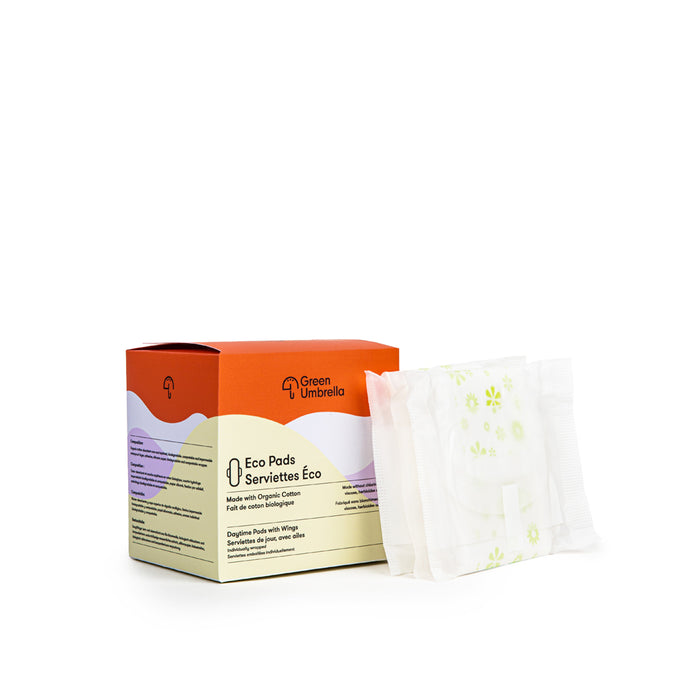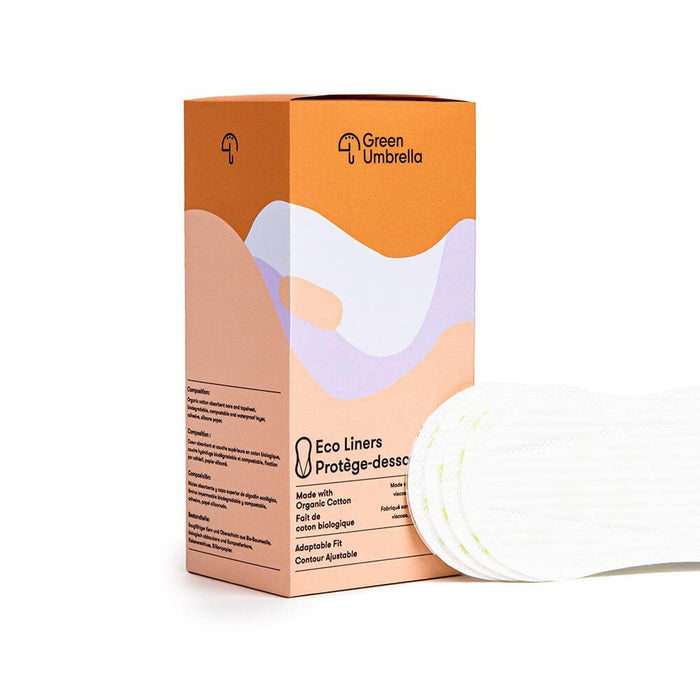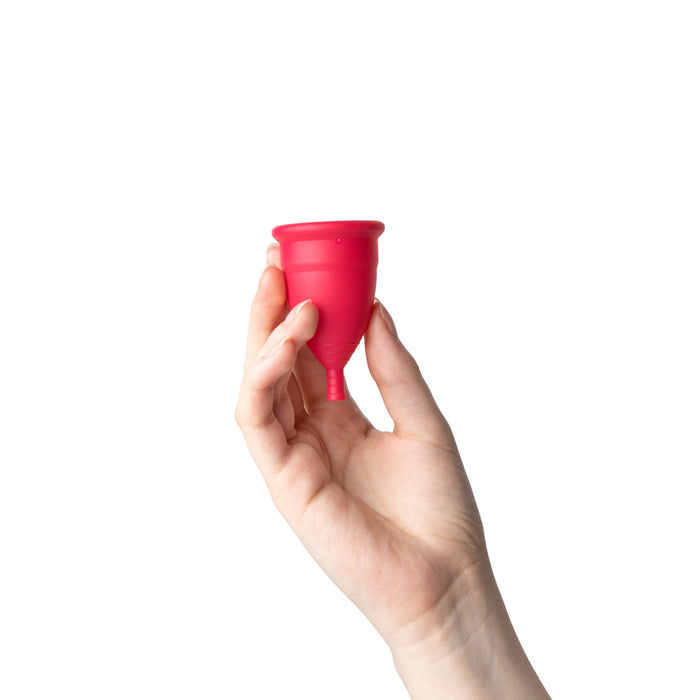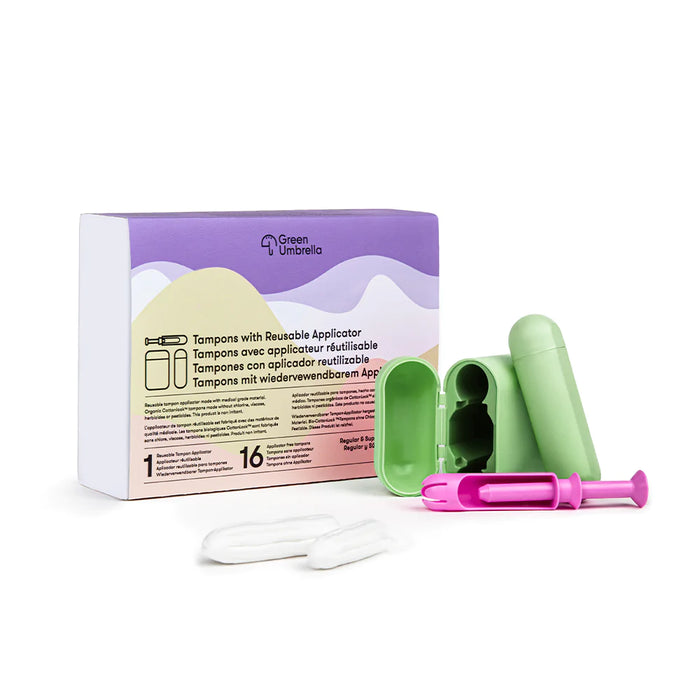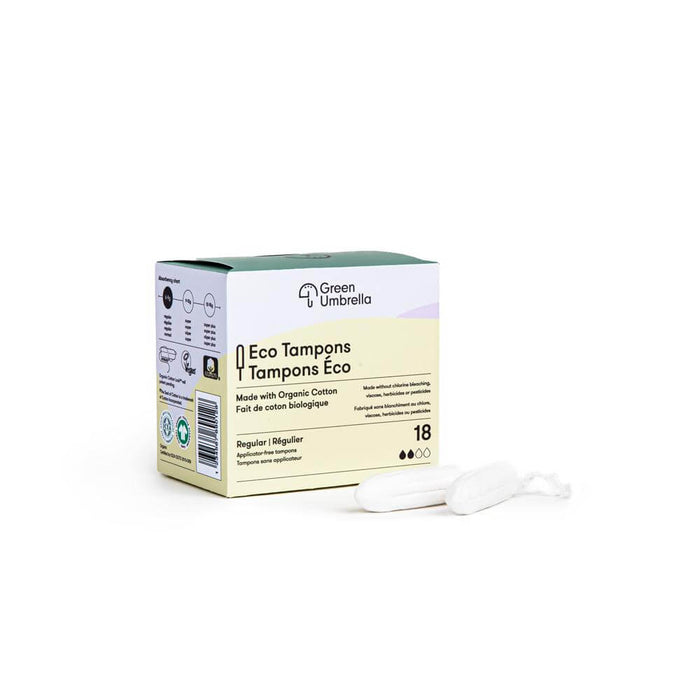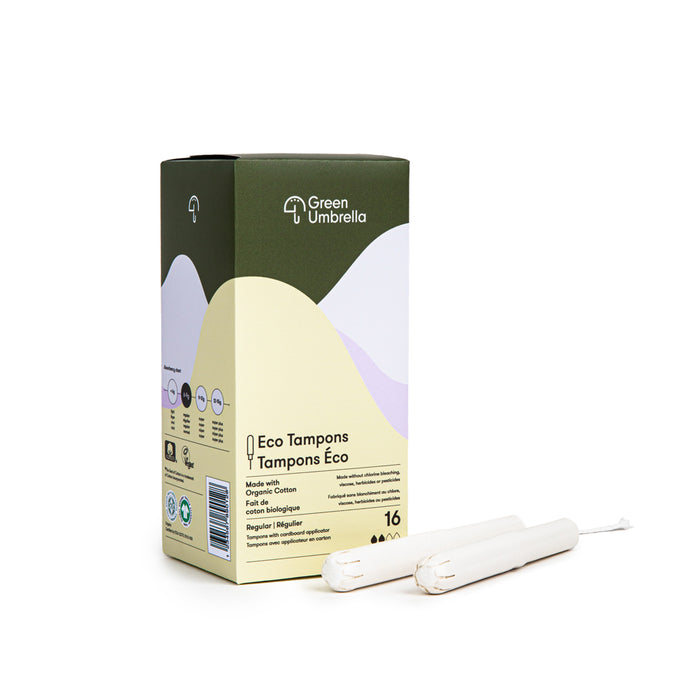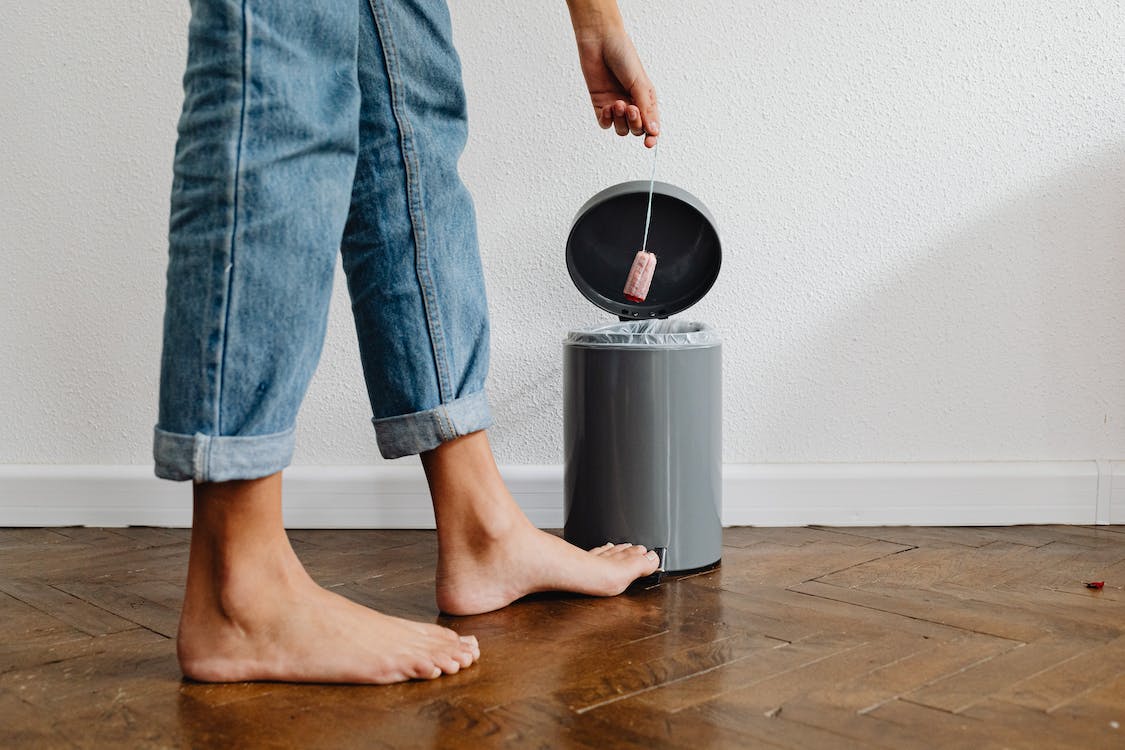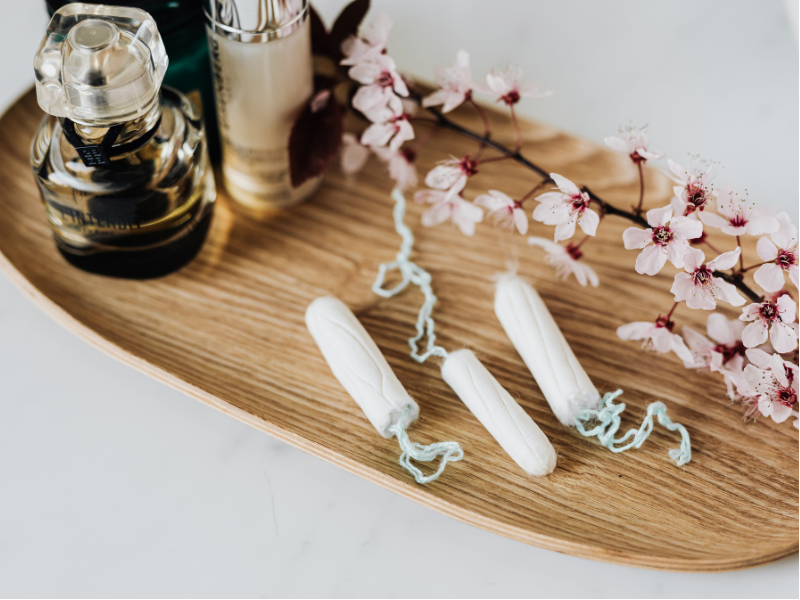Tampons are a popular menstrual product choice for many menstruating individuals, but the environmental impact of single-use tampon applicators can be significant. It's estimated that over 20 billion tampons and pads end up in landfills each year in North-America alone. In addition to the waste generated by the products themselves, the production, transportation, and disposal of disposable tampon applicators have a significant environmental impact.
In recent years, there has been a growing interest in sustainable and reusable menstrual products. In this article, we'll take a closer look at the environmental impact of single-use tampon applicators and explore the benefits of switching to reusable options.
The Environmental Impact of Single-Use Tampon Applicators
-
Plastic Pollution
Most disposable tampon applicators are made of plastic, which can take hundreds of years to decompose in landfills. As they break down, they release microplastics into the environment, which can harm wildlife and contribute to the global plastic pollution crisis.
-
Landfill Waste
Tampon applicators and other menstrual products are a significant contributor to landfill waste. In addition to taking up space, the decomposition of these products can release methane, a potent greenhouse gas that contributes to climate change.
-
Energy Consumption
The production and transportation of disposable tampon applicators require significant energy resources, contributing to carbon emissions and climate change.
-
Unsustainable Resource Consumption
The production of disposable tampon applicators requires the use of natural resources like petroleum and wood pulp. These resources are finite and can have significant environmental impacts, including deforestation and habitat destruction.
Why Switching to Reusable Options is Important
-
Cost-Effective
Using reusable menstrual products can save money in the long run. While the upfront cost may be higher than a box of disposable tampons, reusable products last much longer and can be used for several years with proper care. This means that over time, the cost of using reusable products is significantly lower than the cost of continuously buying disposable products.
-
Health Benefits
Some individuals may experience allergic reactions or irritation when using disposable menstrual products. Reusable options are typically made of medical-grade silicone or cloth materials, which are less likely to cause irritation or allergic reactions.
Reusable menstrual cups, in particular, have been found to reduce the risk of toxic shock syndrome (TSS), a rare but serious bacterial infection associated with tampon use.
-
Comfort and Convenience
Reusable menstrual products can provide a more comfortable and convenient menstrual experience. Menstrual cups, for example, can be worn for up to 12 hours, which means less time spent changing tampons or pads throughout the day. Additionally, reusable options like period underwear can be worn alone or as a backup to other menstrual products, providing added protection and convenience.
-
Reduced Environmental Impact
Switching to reusable menstrual products can significantly reduce your environmental impact. For example, a single menstrual cup can last up to 10 years, eliminating the need for thousands of disposable tampons or pads over its lifetime.
Additionally, many reusable menstrual products are made with sustainable materials like organic cotton or medical-grade silicone, which have a lower environmental impact than the production and transportation of disposable products.
-
Empowering Choice
Choosing reusable menstrual products empowers individuals to take control of their own health and menstrual experience. By choosing products that align with their personal values and priorities, individuals can feel more in control of their bodies and their impact on the environment.
In conclusion, the environmental impact of single-use tampon applicators is a serious issue that needs to be addressed. By switching to reusable options, such as menstrual cups, applicator-free tampons or reusable tampon applicators, we can significantly reduce plastic pollution, landfill waste, energy consumption, and unsustainable resource consumption. It is important to remember that every small change we make can have a significant impact on the environment.
As consumers, we have the power to make a difference by choosing products that are eco-friendly and sustainable. It is important to educate ourselves and others about the environmental impact of our choices and to make informed decisions. By reducing our reliance on single-use products and opting for reusable alternatives, we can help create a more sustainable future for generations to come.


